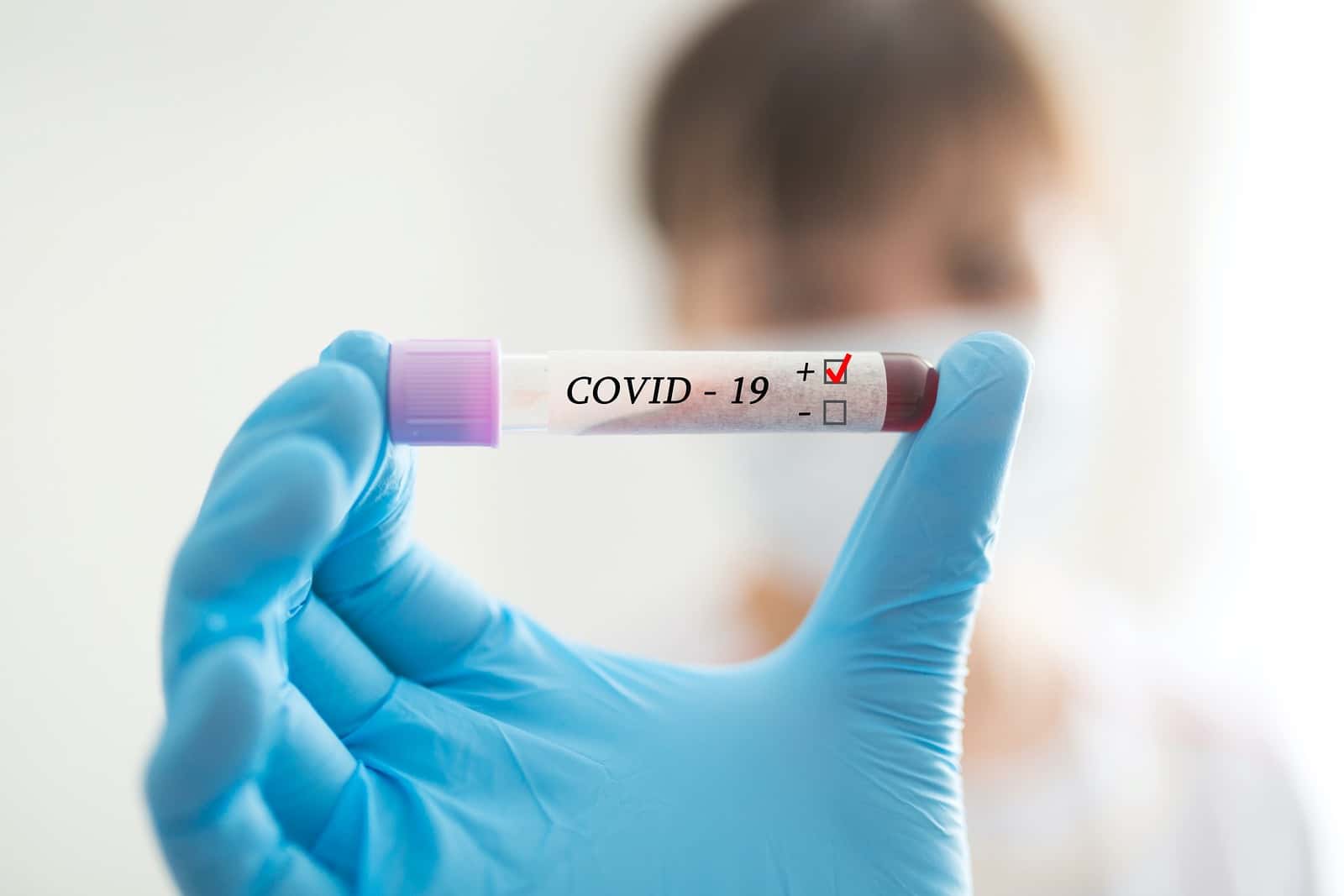
One of the biggest questions facing the public health community right now has to do with COVID immunity. If someone catches SARS-CoV-2 and recovers, how long will the body’s natural immune response persist? What if someone adds a vaccine to the body’s natural immune reaction? Will that be a help or a hindrance? Researchers are beginning to offer some answers to these critical questions.
Good News from Washington University School of Medicine:
Some Facts for Consideration:
1) Bone Marrow Plasma Cells (BMPCs) produce antibodies after people are infected with viruses like SARS-CoV-2.
2) People who catch COVID-19 are less likely to catch COVID again.
3) Antibodies in the bloodstream against SARS-CoV-2 decrease in number over time.
4) People who catch other kinds of coronavirus infections have relatively short-lived protection against reinfection (6-12 months).
Question: How long will natural COVID immunity last after mild infection?
COVID Immunity Persists!
Recovering from COVID-19, even if the infection is mild, leaves people with protective immune cells and antibodies against the virus. That is the conclusion from a study conducted at Washington University in St. Louis and published in the journal Nature (May 24, 2021).
The scientists found antibody-producing cells in people’s bloodstreams nearly a year after the original infection. In addition, immune system cells called plasma cells were found in the bone marrow. These cells produce specific antibodies to SARS-CoV-2.
The bone marrow of people who had never had COVID-19 did not harbor such antibody-making plasma cells. The researchers emphasize that vaccination can provide additional protection even for those who have recovered from mild cases of COVID-19.
In Their Own Words:
We know that trying to interpret science talk can be challenging for many people. We think that this research is so important, though, that it is worth reading the actual conclusions from the Washington University investigators:
“Overall, our data provide strong evidence that SARS-CoV-2 infection in humans robustly establishes the two arms of humoral immune memory: long-lived BMPC [bone marrow plasma cells] and MBCs [memory B cells]. These findings provide an immunogenicity benchmark for SARS-CoV-2 vaccines and a foundation for assessing the durability of primary humoral immune responses induced after viral infections in humans.”
In a press release from the Washington University School of Medicine the lead author attempted to put the research into context:
“Last fall, there were reports that antibodies wane quickly after infection with the virus that causes COVID-19, and mainstream media interpreted that to mean that immunity was not long-lived. But that’s a misinterpretation of the data. It’s normal for antibody levels to go down after acute infection, but they don’t go down to zero; they plateau. Here, we found antibody-producing cells in people 11 months after first symptoms. These cells will live and produce antibodies for the rest of people’s lives. That’s strong evidence for long-lasting immunity.”
More Good News About COVID Immunity:
Even people who may not have realized they were infected with SARS-CoV-2 may be protected from future infection. That’s because asymptomatic people who catch COVID-19 may also have long-lasting COVID immunity.
And people who came down with COVID-19 and later received a vaccination had even more impressive COVID immunity. So there is reason for people to get a shot even if they have had the virus.
What About Vaccine Protection?
The big question that remains unresolved is how long people who get vaccinated will maintain meaningful COVID immunity. We all know that the influenza vaccines must be administered each year because of viral mutations. Will the same occur with the coronavirus?
There have already been several serious variants, but the vaccines still seem to be working. Future research will determine how long COVID immunity lasts after vaccination. It might be a year or much longer. Stay tuned for more data. We will report the latest news as it becomes available.

